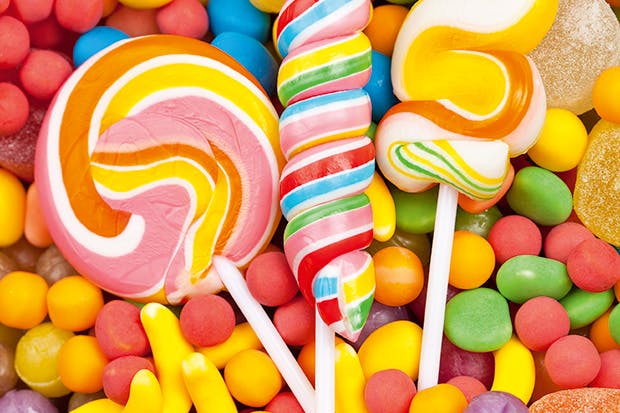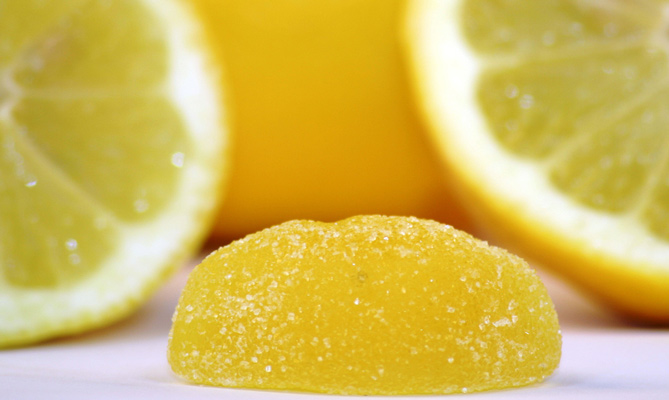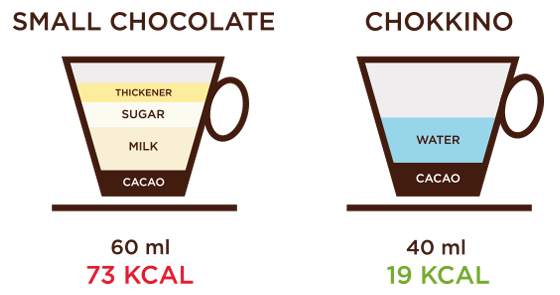Watch out! People who like black coffee may have a "psychopathic" tendency!
Professional coffee knowledge exchange more coffee bean information please follow the coffee workshop (Wechat official account cafe_style)
If you like black coffee, you may fall in love with its strong flavor, or for the sake of health, or even infatuated with its micro-drunkenness, but it may be another reason, ──, you may be a little psychopathic!

A 2016 study published in the foreign journal Appetite found that people who love black coffee may also be sadistic or psychopathic. Researchers at the University of Innsbruck (University of Innsbruck) in Austria asked 1000 adults about their diet and taste preferences and assessed their antisocial personality traits, including sadism, narcissism and mental illness.
It turns out that people who like bitterness tend to have psychopathic behaviors, especially sadistic tendencies, and enjoy inflicting pain on others. And not only black coffee, but also people who prefer radish, celery and tonic water (sparkling water) may also have antisocial qualities.
In fact, past studies have found that people who like sweetness are more approachable and helpful, while people who like bitterness are more hostile to others and harsher on moral judgment. The researchers believe that people who like bitter diets tend to become more psychopathic over time, but they also stress that not all black coffee drinkers are mentally ill, but are particularly likely to have mental illness.

(not only coffee, but other bitter foods may also reflect a person's personality traits, but there are many factors that affect people's taste preferences, and people may fall in love with food that is supposed to be repellent because of a variety of factors. )
Judge personality traits by taste? It is more effective to observe and treat others.
But if you like black coffee, don't rush to take the right seat, and don't avoid the black coffee drinkers around you. The study by the University of Innsbruck in Austria clearly points out that although taste preferences are related to personality traits, there is insufficient evidence, according to health, a foreign website.
According to the report, there are many factors that affect people's taste preferences, including genetics and social norms, and many foods that are supposed to be objectionable may turn to love it because of a variety of factors. like beer, wine, chili peppers, coffee. "the study of the relationship between people's dietary likes and dislikes and personality traits is still in its early stages."
Steven Meyers, a professor of psychology at Roosevelt University University in the United States, also said in an interview with "health" that taste likes and dislikes and personality traits are only slightly related, so they need to be interpreted very carefully, and they must be repeatedly tested and tested by other people or teams before announcing the results.
"in a restaurant, if you want to know if a person is aggressive or mentally ill, instead of seeing whether they enjoy bitter food or drink, watch how they treat you or the waiter." Mel said.

Humans' likes and dislikes of basic tastes may also be informative, or even omnivores' common instincts, such as the sugar contained in sweetness is a source of biological energy and plays an important role in the operation of the human body. this may also be the reason why most human beings like sweetness. )
It is an instinct to love delicious taste and eat sweet in order to maintain the operation of the human body.
In addition, taste preferences may be related to personality and personality traits, human likes and dislikes of basic taste ── sweet, fresh, salty, sour and bitter, may also have information, or even omnivores' common instincts.
In terms of sweetness, it is the taste produced by sucrose, glucose, fructose and other sugars combined with taste receptors. Sugars are also a source of biological energy and play an important role in the operation of the human body. Therefore, human beings will take sweetness as a clue to ingest foods rich in sugar, which may also be the reason why most human beings like sweetness.

It can be said that it is an instinct for human beings to like delicious taste. Because delicious taste is the amino acid glutamate, nucleic acid inosinic acid and other substances, which combine with taste receptors to produce taste, and these substances are also proteins and DNA needed to maintain the operation of the human body.
In principle, humans also like the salty taste of minerals, because as long as they are alive, accompanied by cellular activity, they continue to produce biological potentials and are produced by minerals absorbed from food, but they eat too much minerals and are at risk of causing symptoms of dehydration, which is why many people have the experience of "drinking water after eating salty food". To be more precise, humans prefer salt water with the right concentration to more than a certain concentration of salt water.

Although sour taste is also beneficial to the human body, such as citric acid (lemon) and acetic acid (vinegar), for wild animals, sour taste is a sign of immature fruit and rotten food, so generally speaking, people do not like sour taste.
A lot of bitterness is even more harmful to the human body, such as the nerve poison quinine or caffeine, so most people will immediately have a sense of rejection of bitterness, such as coffee, black tea, beer. But these common instincts are aimed at omnivores, instead of herbivores, such as dairy cows, who neither like nor hate bitterness because they feed on bitter grass.
Source: independent, health, "Taste exercises on the Dinner Table"
END
Important Notice :
前街咖啡 FrontStreet Coffee has moved to new addredd:
FrontStreet Coffee Address: 315,Donghua East Road,GuangZhou
Tel:020 38364473
- Prev

Will concentrated cocoa Chokkino be a substitute for coffee?
Professional coffee knowledge exchange more coffee bean information please pay attention to the coffee workshop (Wechat official account cafe_style) charming aroma, mellow but slightly bitter coffee, is the pursuit of many people. Even so, many people have side effects such as palpitations, insomnia and anxiety after drinking coffee. Italian startup Live Better has launched a new beverage concentrate.
- Next

Starbucks Shanghai Baking Workshop wins global sales title after opening for one year
Professional coffee knowledge exchange More coffee bean information Please pay attention to the average daily sales of Coffee Workshop (Weixin Official Accounts cafe_style), which is twice as high as the average weekly sales of Starbucks stores in the United States. Shanghai Roasting Workshop is Starbucks 'second top coffee shop in the world after Seattle, USA. This is its report card in the first year since it opened. Starbucks
Related
- What grade does Jamaica Blue Mountain No. 1 coffee belong to and how to drink it better? What is the highest grade of Blue Mountain coffee for coffee aristocrats?
- What are the flavor characteristics of the world-famous coffee Blue Mountain No. 1 Golden Mantelin? What are the characteristics of deep-roasted bitter coffee?
- Can I make coffee a second time in an Italian hand-brewed mocha pot? Why can't coffee be brewed several times like tea leaves?
- Hand-brewed coffee flows with a knife and a tornado. How to brew it? What is the proportion of grinding water and water temperature divided into?
- What is the difference between Indonesian Sumatra Mantinin coffee and gold Mantinin? How to distinguish between real and fake golden Mantelin coffee?
- What does bypass mean in coffee? Why can hand-brewed coffee and water make it better?
- Unexpected! Ruixing Telunsu lattes use a smoothie machine to foam milk?!
- % Arabia's first store in Henan opens into the village?! Netizen: Thought it was P's
- Does an authentic standard mocha coffee recipe use chocolate sauce or powder? Mocha Latte/Dirty Coffee/Salty Mocha Coffee Recipe Share!
- What is the difference between Vietnam egg coffee and Norway egg coffee? Hand-brewed single product coffee filter paper filter cloth filter flat solution!

